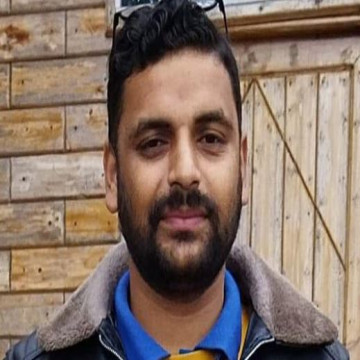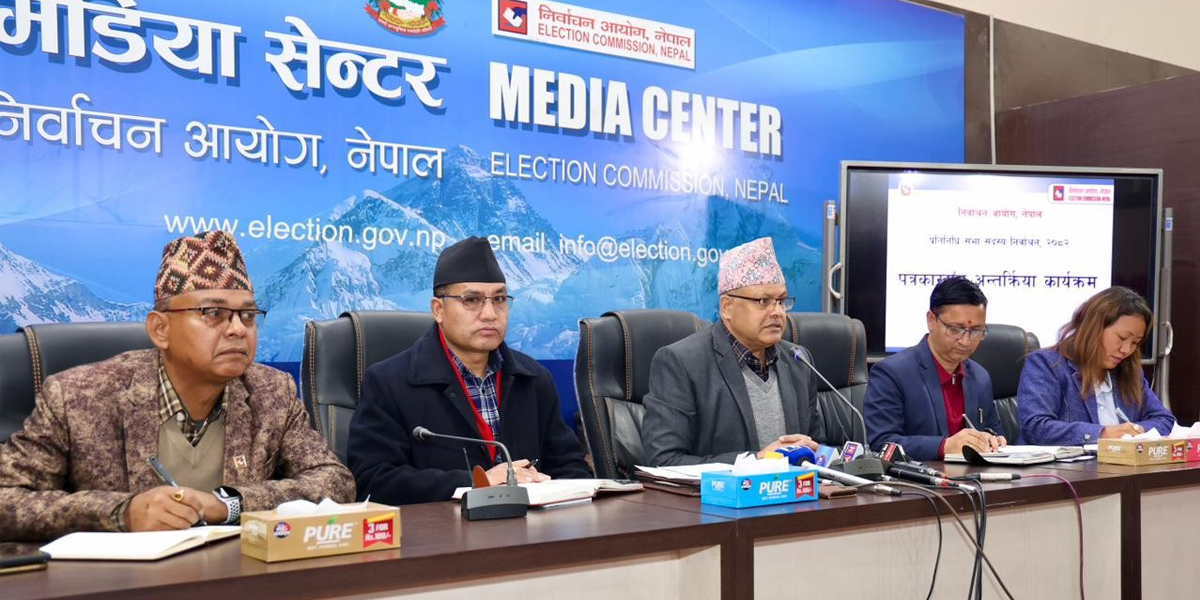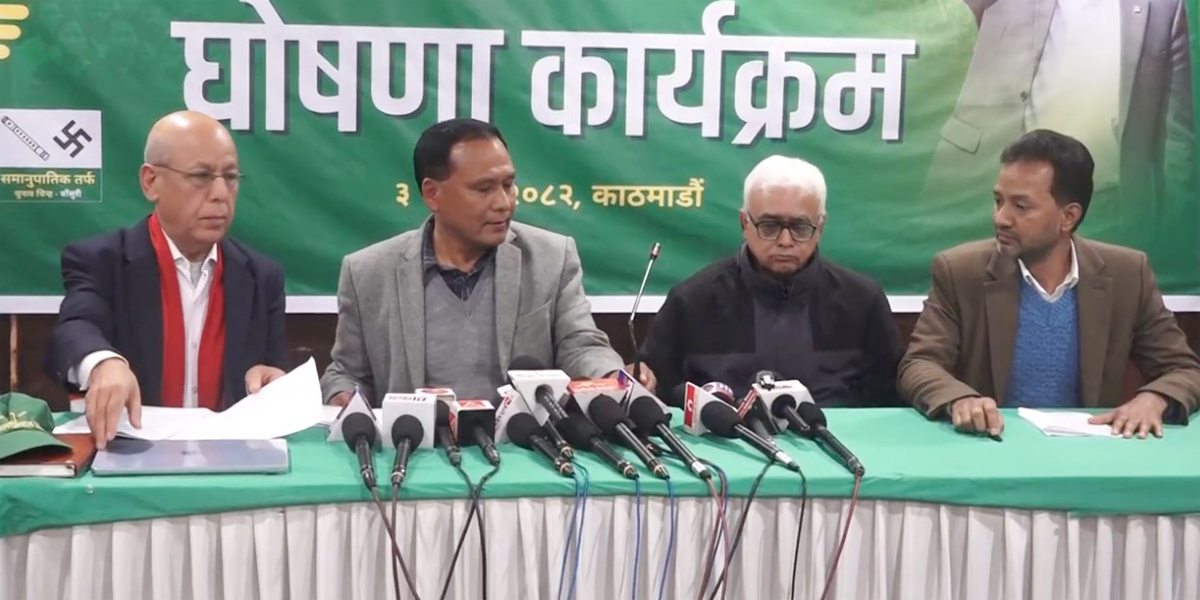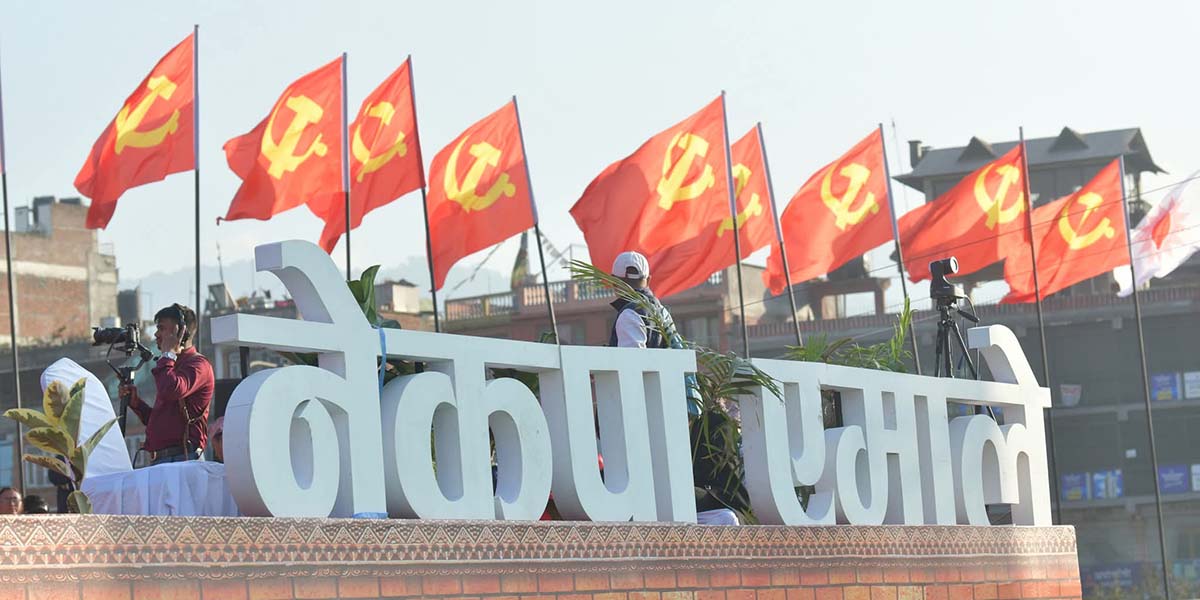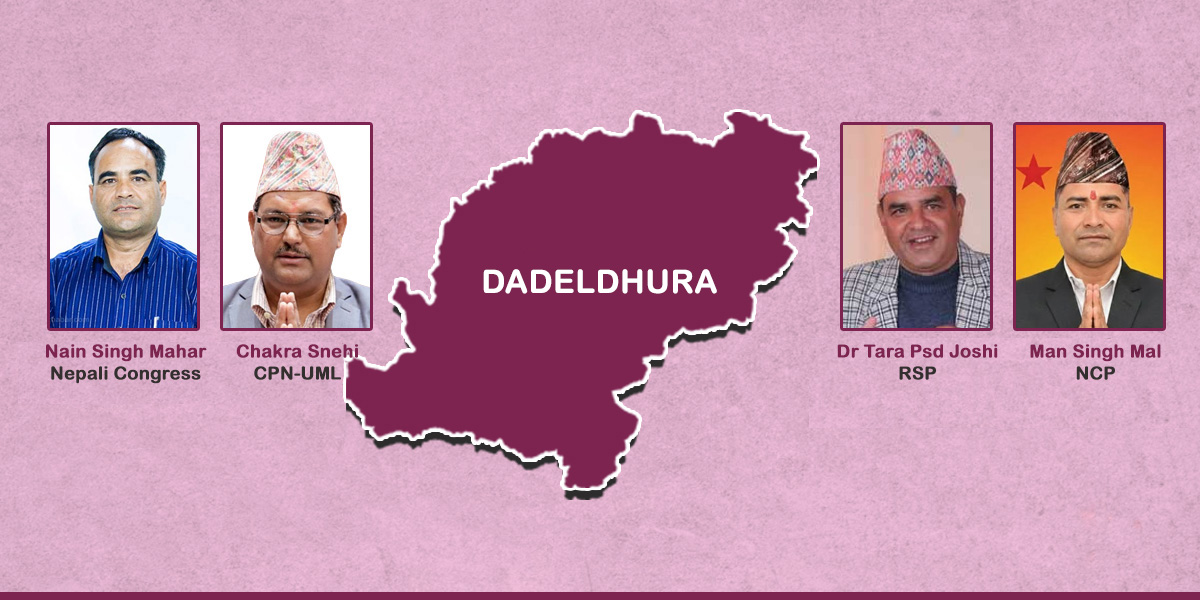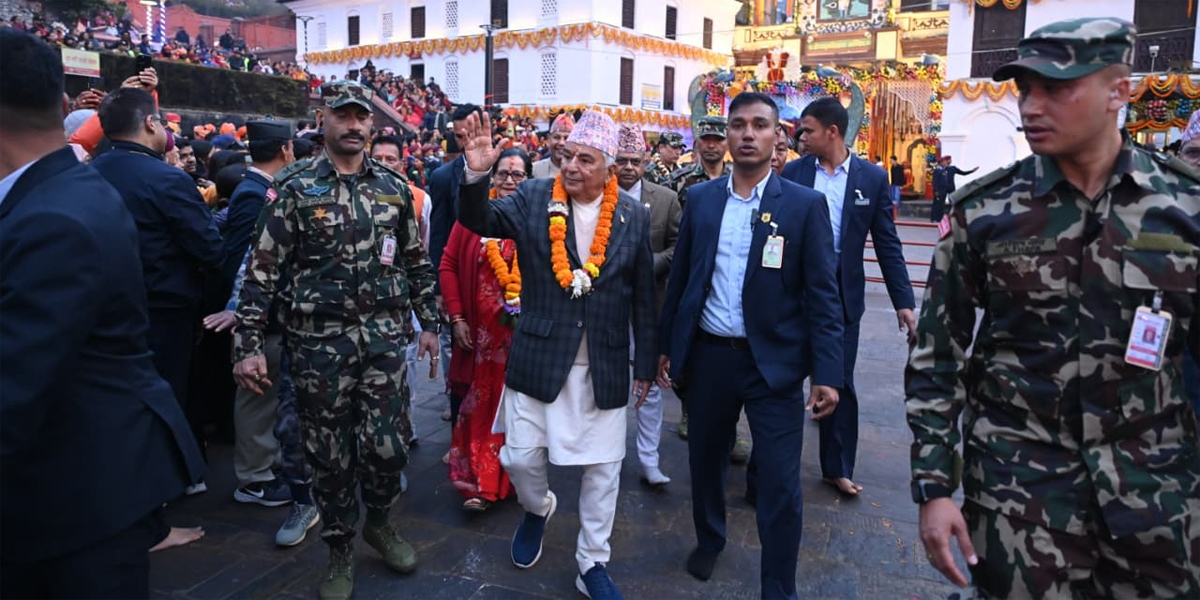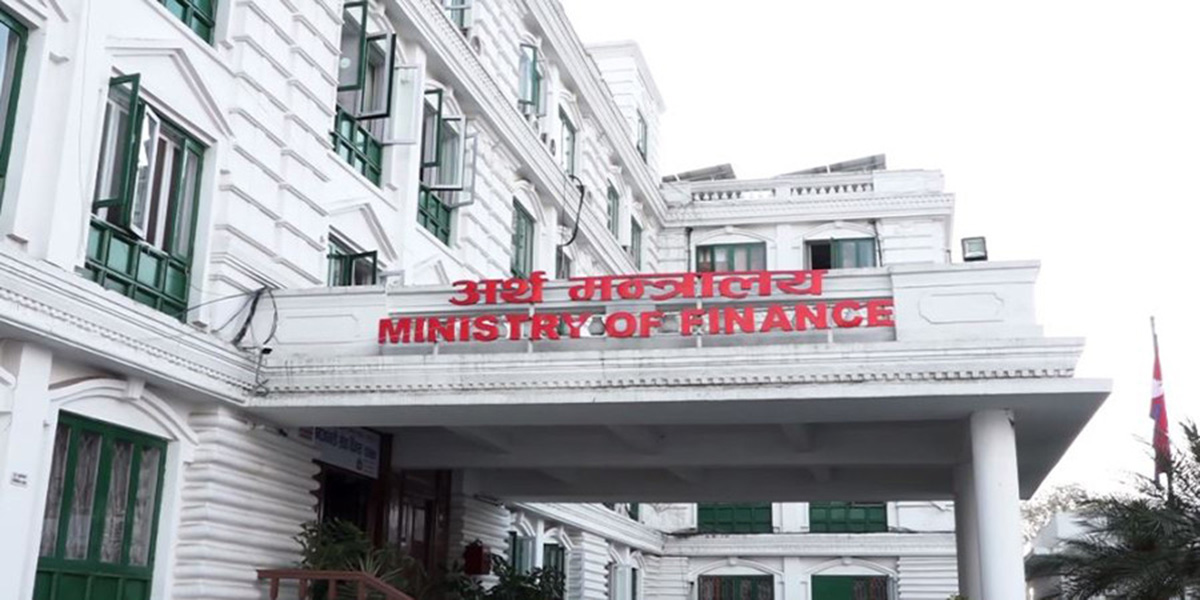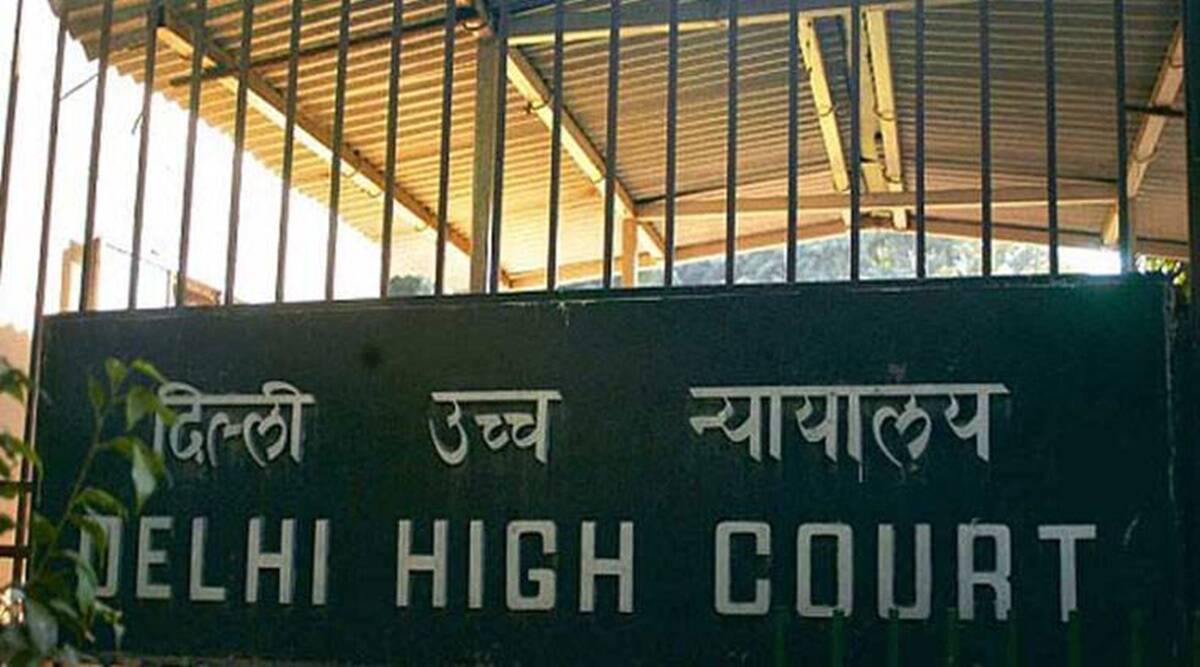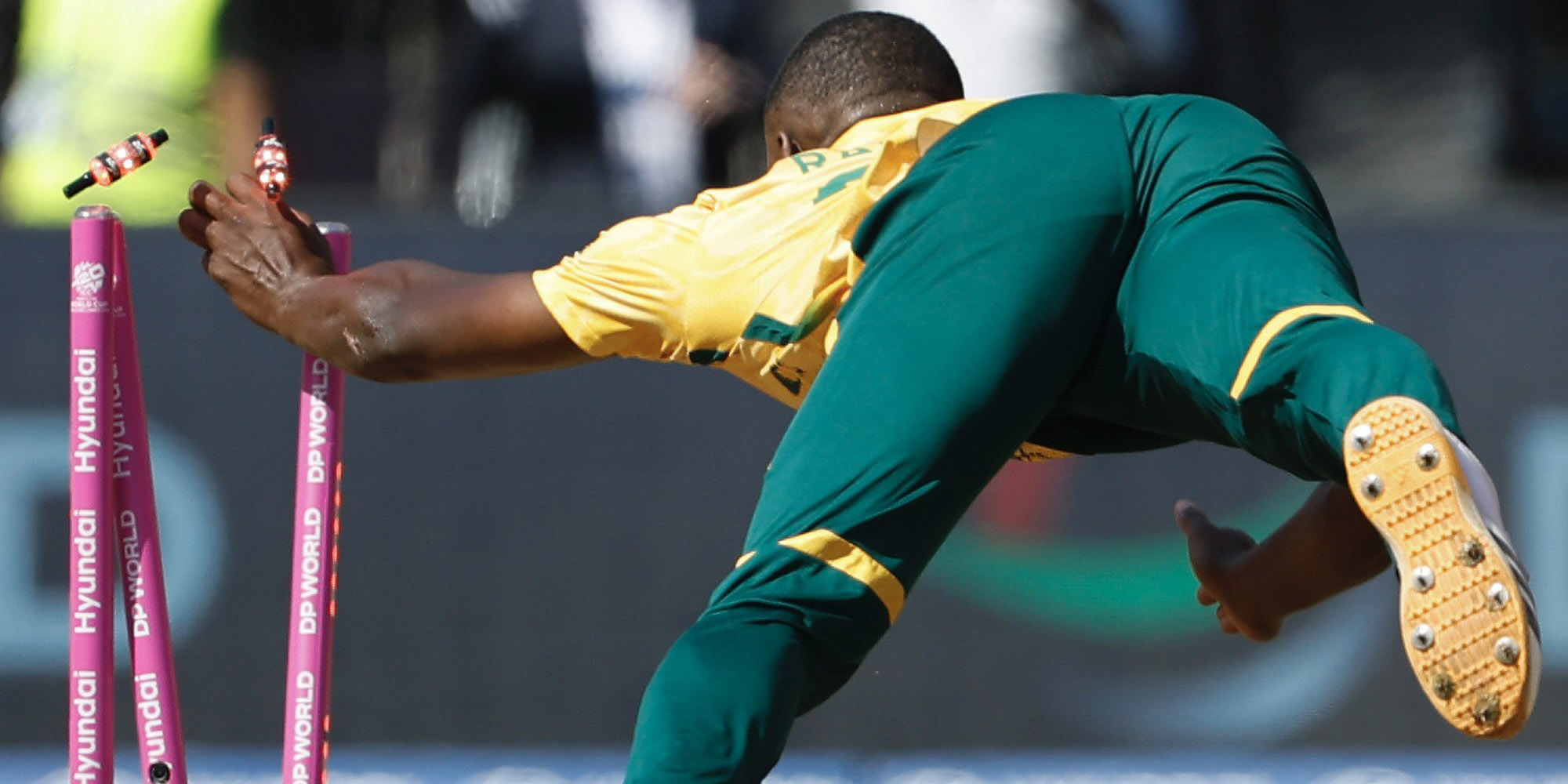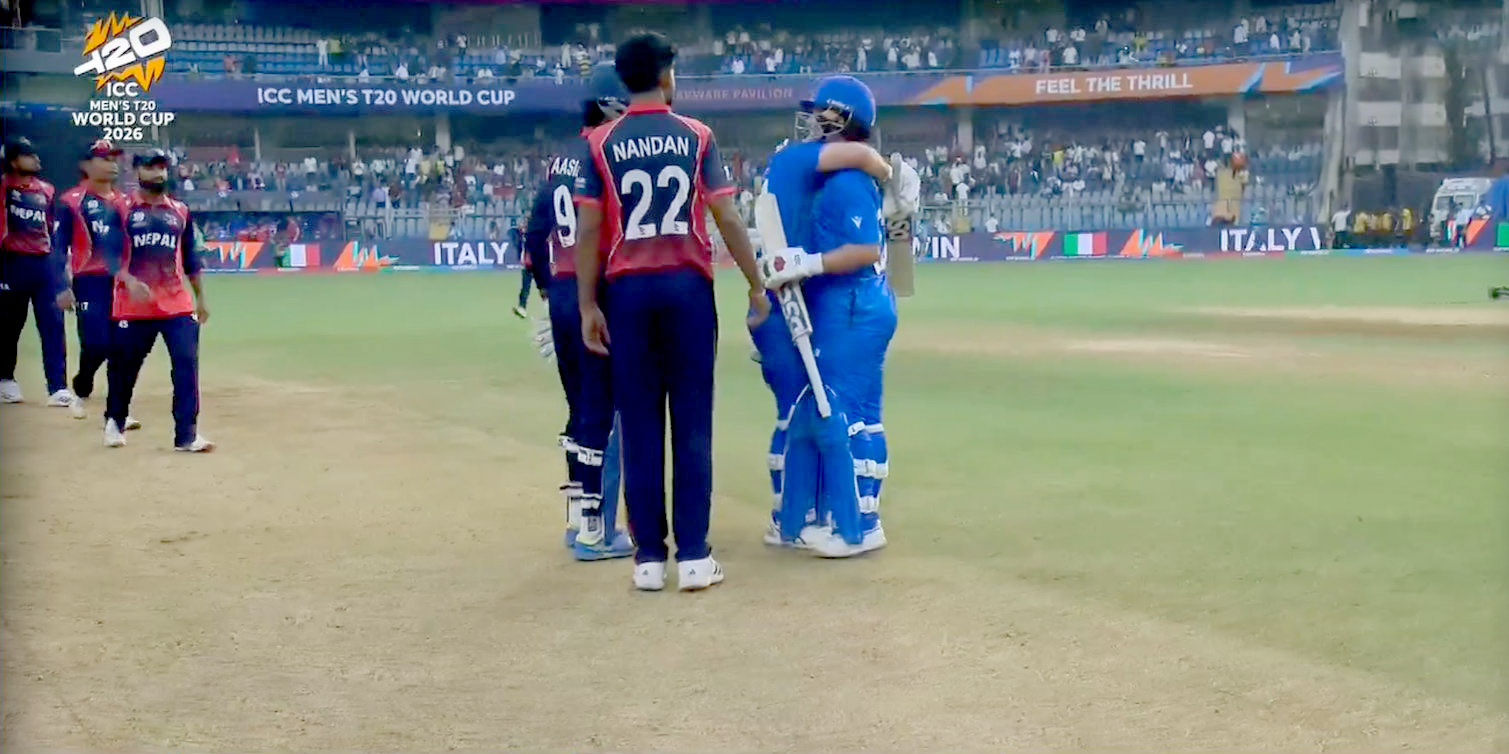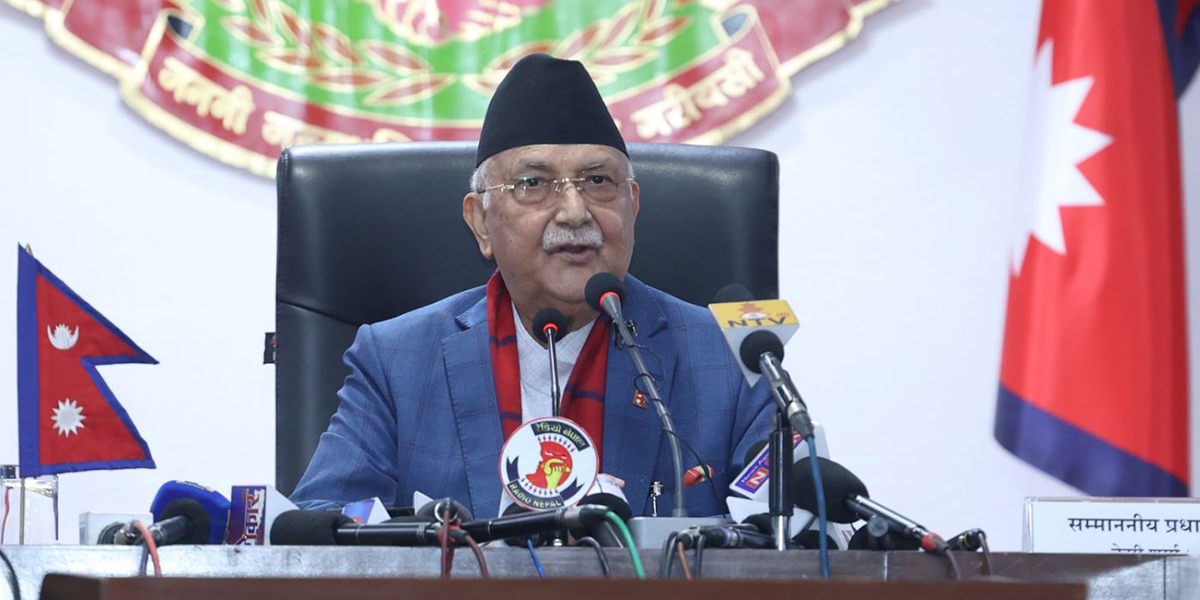
KATHMANDU: Four years ago, KP Sharma Oli, who was the chairperson of the then Nepal Communist Party (NCP), refused to establish a high-level political mechanism to govern the government. Pushpa Kamal Dahal, the other chairperson of the NCP, had proposed the creation of such a mechanism.
Oli rejected Dahal’s proposal outright, saying that the constitution does not recognize such a political mechanism. Oli’s intention in rejecting the proposal for a political mechanism was to govern the government independently, without any pressure. By rejecting his ally Prachanda’s proposal, Oli wanted to run the government on his terms.
However, Oli, who had rejected the proposal for a political mechanism when the country was facing the COVID-19 crisis, is now ready to form such a mechanism. Oli now leads a coalition government with the Nepali Congress (NC). Oli is enjoying a near two-thirds majority today just like in 2020. Why did Oli become ready to form such a mechanism?
According to leaders, Oli became ready to form the high-level political mechanism due to the pressure from the coalition partner NC. While Oli is leading the government, NC also wants to exert some control over the government. Therefore, NC leaders had been proposing the formation of a political mechanism to make the government’s functioning effective.
Senior advocate Dinesh Tripathi believes that Oli has been forced to form the mechanism, even though it is not necessary for running the government. “It seems that Oli is under pressure because if this government falls, it is certain that another government will be formed without him,” Tripathi said.
The political mechanism formed under the leadership of Prime Minister Oli and NC President Deuba includes Vice President Purna Bahadur Khadka, General Secretary Gagan Kumar Thapa, Home Minister Ramesh Lekhak, and Foreign Minister Arzu Rana Deuba from NC. Likewise, Senior Vice Chairperson Ishwar Pokharel, Deputy Prime Minister and Finance Minister Bishnu Poudel, General Secretary Shankar Pokharel, and Deputy General Secretary Bishnu Rimal represent UML in the mechanism.
NC Spokesperson Dr Prakash Sharan Mahat claimed that the mechanism has been formed to run the government effectively. However, senior advocate Tripathi does not agree with Mahat’s argument. “If the intention was to run the government effectively, the political mechanism should have been formed right at the beginning,” he argued.
Oli was appointed prime minister on July 14. The high-level political mechanism was formed only four months after his appointment. “If there was a plan to run the government effectively, the mechanism would have been formed right at the beginning. It seems the mechanism has been formed due to the difficult situation,” said Tripathi.
It has been decided that the chairmanship of the mechanism will rotate between the two parties. The first meeting of the mechanism held on November 5 decided that the coordination of the task force would be changed every month, with NC Vice President Khadka serving as the coordinator for the first month.
Mechanism formed to appease NC
Prime Minister Oli is currently preparing for his China visit. Some diplomatic experts believe that he is trying to visit China because he has not received an invitation from India for a visit.
Traditionally, the first foreign visit of a newly appointed prime minister has been to India. However, Oli has not received an invitation from the southern neighbor even after four months of his appointment. Some have commented that India has not invited Oli for a visit due to a strain in the relationship.
Political analyst Dambar Khatiwada believes Oli has played the ‘China card’. Even before Oli’s visit to China had been finalized, top UML leaders began visiting China to prepare the groundwork for the visit. Senior Vice Chairperson Ishwar Pokharel left for China on Tuesday leading a delegation. Foreign Minister Arzu Rana Deuba is also leaving for China on November 28. Oli is scheduled to begin his China trip on December 2.
Many have expressed surprise at Oli’s decision to send his party leaders to China before the foreign minister’s visit. Some have gone to the extent of saying that Oli does not seem to trust even his foreign minister.
Experts say Nepal should maintain a balanced relationship with both of its neighboring countries and should not provoke one by visiting the other. Some UML leaders admit that NC is becoming dissatisfied with Oli’s style of running the government. “The issue of the NC not being happy with the prime minister’s working style is being raised within the UML. It seems the mechanism has been formed to appease the NC,” a UML office-bearer said.
Prime Minister Oli has also told his close associates that there is international pressure on the government. In a recent party secretariat meeting, he had briefed about the unfavorable international situation.
Oli seems more focused on not disrupting the relationship with NC. He believes that if the government moves forward properly, the trust of the international community will gradually become favorable to him. Therefore, he does not want to deteriorate his relationship with NC President Deuba. Oli has been telling his associates that there will be no problem for the government as long as the relationship with Deuba is not affected.
That is why Oli did not reject Deuba’s proposal to form a political mechanism. “NC means Deuba for Oli. He believes that Deuba is still happy,” a UML Vice Chairperson said, stating that he believes Oli agreed to form the mechanism to avoid irritating Deuba.

